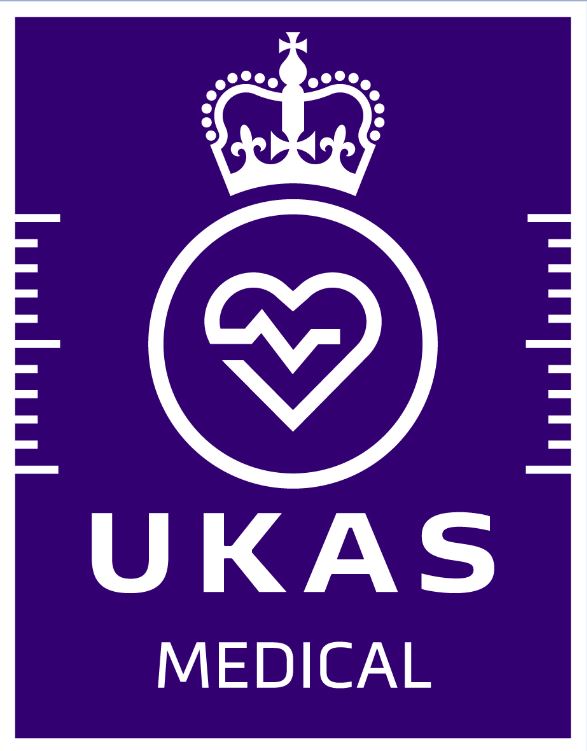Common Factors Affecting Analysis
It is not practical to list all factors that may affect all analytes however but a guide to some of the more common factors are as follows:
- Haemolysis, icteric and lipaemia interfere with certain analytes and as a consequence some analytes may not be reported. However, a comment will be included on the report to indicate why. Common analytes affected include: sodium, potassium, bilirubin, magnesium, phosphate, LDH, AST, ALT and cTnT hs.
- Serum samples should be processed (centrifuged and serum separated from the cells) within 12 h of collection. Any undue delay, particularly more than 6 h, can influence the potassium and enzyme results.
- Extreme temperatures (cold and hot) can cause abnormal levels of some analytes especially potassium.
- Sodium is affected by abnormal levels of protein and lipids. A direct ISE measurement will be performed and this report (plus appropriate comment) will be issued.
- A high platelet and white blood count can cause a falsely elevated potassium (a condition known as pseudohyperkalaemia). It is suggested that in these suspected cases blood is collected into both a lithium heparin tube and a yellow top serum tube and sent to the Biochemistry department as soon as possible for potassium analysis to confirm. There is a difference of approximately 0.3 mmol/L in plasma compared with serum potassium. Larger differences are consistent with blood abnormalities affecting the results.
- It is important that blood is collected in the correct tubes and in the correct order to reduce the risk of anti-coagulant interference e.g. EDTA interference with calcium assays.
- CSF samples for xanthochromia should be protected from light and should not transported to the laboratory using the SDS. Lumbar puncture for xanthochromia should not be performed until 12 hours post onset of symptoms in order to minimise false negative results.
- HbA1c will not be reported on patients with known haemoglobinopathies. It is recommended that fructosamine is measured on these patients.
UHB, Clinical Chemistry, Clinical
- Created on .
- Last updated on .
- Hits: 10130








